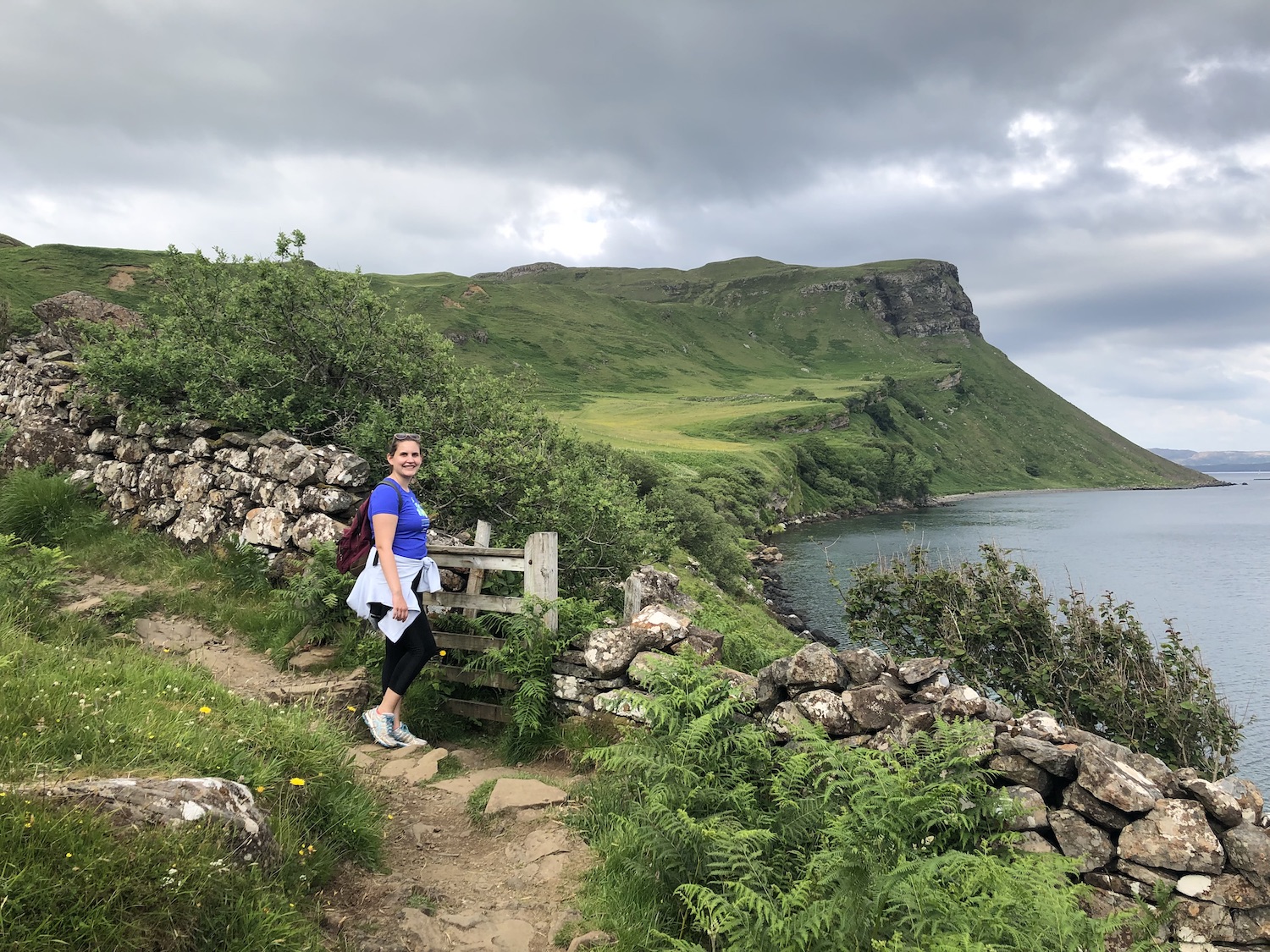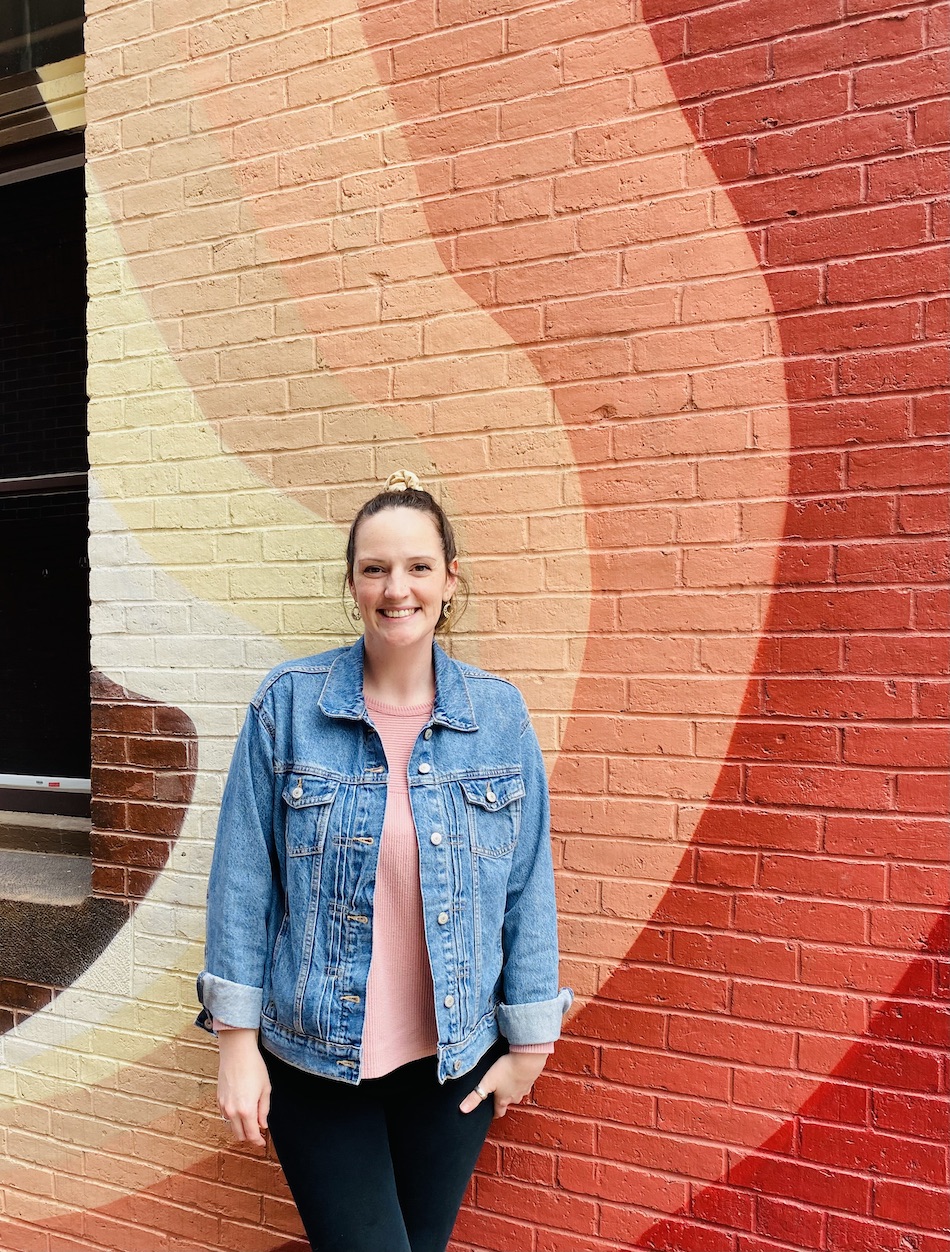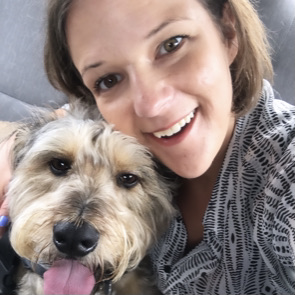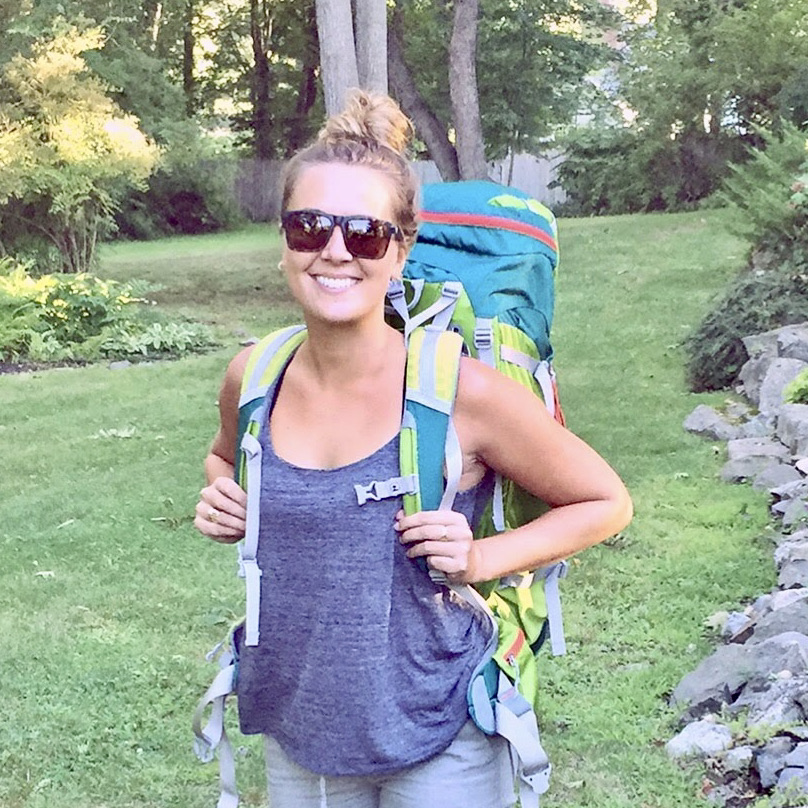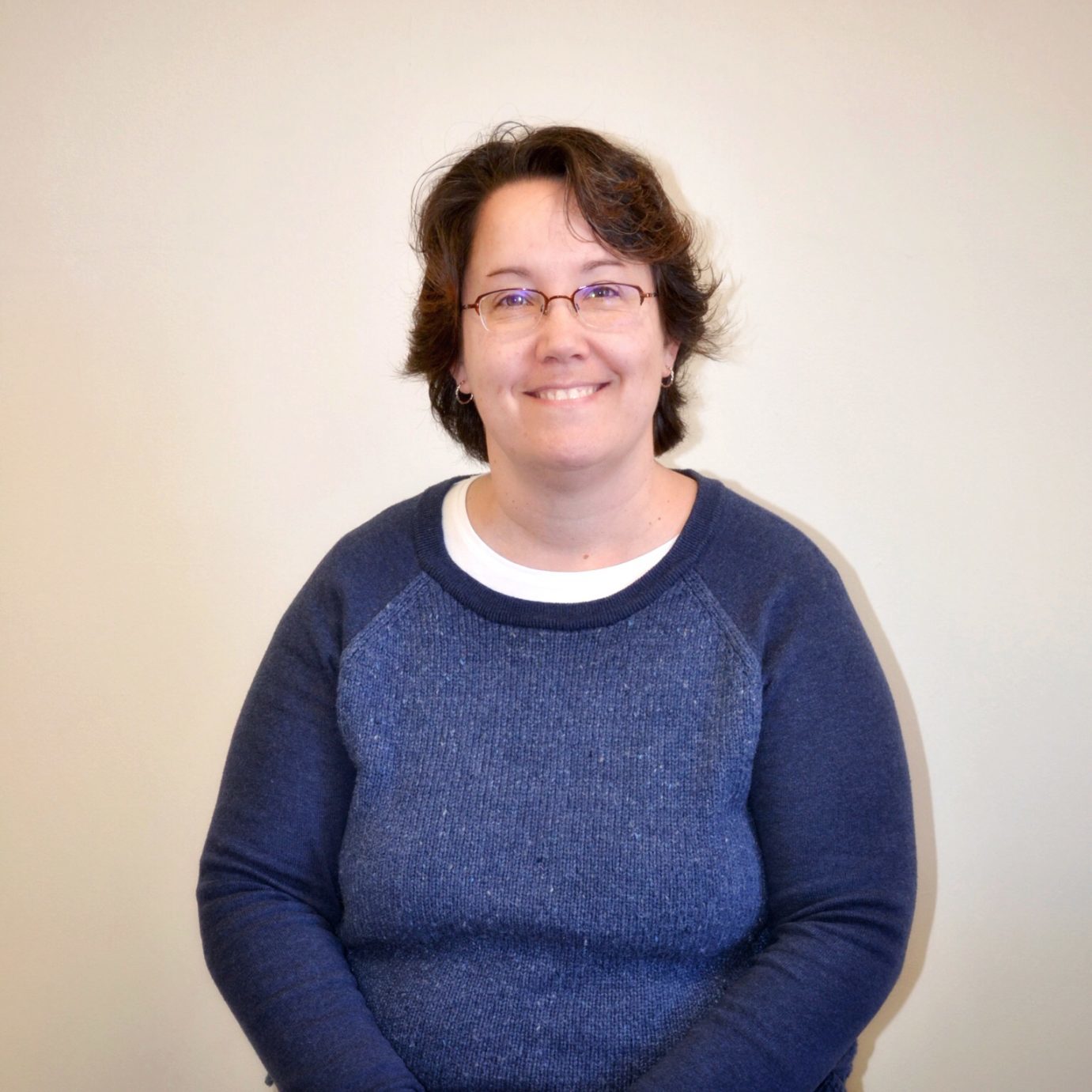1.) Hi, Mary! When did you first know you wanted to become a therapist?
I have always loved helping people and consider myself an empath, so the helping field feels like a natural fit for me. I first knew that I wanted to become a therapist when I was serving as an AmeriCorps Volunteer at a Psychiatrist Residential Treatment Facility for youth. While there, I was able to join treatment team meetings to work with the therapists and providers who were helping each client, and I loved that collaboration. That experience led me to obtain my Master’s degree in Social Work to become a therapist.
2.) Where did you go to school and what was one of the highlights of your learning experience?
I received my Master’s degree in Social Work from the University of Georgia in 2016. That academic experience was formative, challenging, and rewarding. When I think about the highlights of my learning experiences, I am reminded of the hands-on learning courses I participated in like clinical internships, animal assisted social work, and group psychotherapy courses. I loved them! I also built incredible friendships and support networks within my field.
3.) What is something you have discovered about being a therapist that perhaps you didn't realize when you first started this journey?
Something that I have learned about being a therapist that I did not realize before beginning this journey is that while this job can be incredibly rewarding it is also can be challenging at times. The phrase "practice what you preach" comes to mind, because as a therapist if I am not taking care of myself, practicing self-care, getting enough rest, drinking water, and going to therapy, then how can I recommend that same process to my clients? I also know that it can be hard to do that sometimes, so having compassion for yourself in the process is also important.
4.) What are some of your most go-to approaches, interventions or skills?
My most go-to approaches include Experiential Therapy and Cognitive Behavioral Therapy techniques. For example, if we are working on how thoughts, feelings, and behaviors are interacting- I may use a technique that helps us visually see this on paper to help us reframe and negative thinking into something more positive. I also incorporate art, play, and mindfulness activities with clients in session as well.
5.) What is one of the more challenging things about being in this field?
Being part of this field has so many wonderful and fulfilling aspects to it, while it also can have some understandable challenges too. One of the more challenging things about being in this field is compassion fatigue, or reaching your emotional capacity and having difficulty releasing the emotions that we take on in our day-to-day work. This can happen in any field, which is why self-care and checking in with yourself are so important to maintaining a healthy work life balance. Some things that I enjoy for self-care include playing guitar, geocaching, therapy, and getting out into nature.
6.) Which themes/topics interest you when considering continuing education in the near future?
I am most interested in helping folks process and express emotions within their healing journey. I would like to receive more certification and training in mindfulness-based strategies and Expressive Therapy techniques.
7.) What is one of your favorite psychology-themed books?
Some of my go-to therapy-based books are "Life Reinvented: A Guide to Healing from Sexual Trauma for Survivors and Loved Ones" by Erin Carpenter, LCSW, "The Body Keeps the Score: Brain, Mind, and Body in the Healing of Trauma" by Bessel van der Kolk M.D., and "Daring Greatly: How the Courage to Be Vulnerable Transforms the Way We Live, Love, Parent, and Lead" by Brené Brown.






